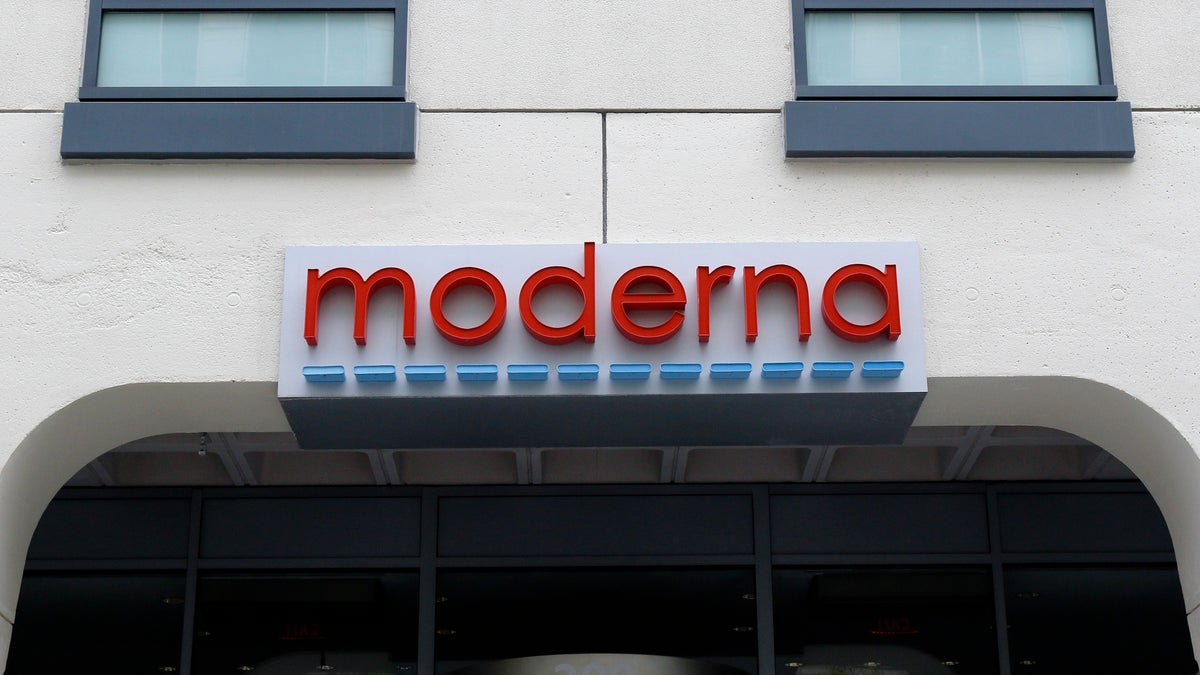
Technology used to produce the Covid vaccine has been shown to cut the risk of cancer tumours returning, new research has shown.
Pharmaceutical firms Moderna and Merck are working on personalised cancer vaccine, designed to prime the immune system so the body can generate a response based on a person’s specific type of cancer tumour.
Experts from the Institute of Cancer Research in London (ICR) described the results as “exciting” and said such vaccines showed great potential in improving cancer treatment.
Moderna and Merck said the jab - mRNA-4157/V940 - when combined with the drug Keytruda, led to a 44% reduction in the risk of cancer coming back or death compared to Keytruda alone, in patients with stage three and four melanoma.
They said the results are the first demonstration of effectiveness of mRNA cancer treatment in a randomised clinical trial.
The firms will now approach regulators with the results and will launch a third stage trial as well as rapidly expanding the drug to other types of cancer.
Stephane Bancel, Moderna’s chief executive, said: “Today’s results are highly encouraging for the field of cancer treatment.
“mRNA has been transformative for Covid-19 and now, for the first time ever, we have demonstrated the potential for it to have an impact on outcomes in a randomised clinical trial in melanoma.
“We will begin additional studies in melanoma and other forms of cancer with the goal of bringing truly individualised cancer treatments to patients.
“We look forward to publishing the full data set and sharing the results at an upcoming oncology medical conference, as well as with health authorities.”
mRNA-4157/V940 is designed to stimulate an immune response using T cells based on the unique mutational make-up of a patient’s tumour.
Keytruda is an immunotherapy that works by increasing the ability of the body’s immune system to help detect and fight cancer cells.
Alan Melcher, professor of translational immunotherapy at the Institute of Cancer Research, London, and honorary consultant oncologist at the Royal Marsden NHS Foundation Trust, said: “There’s no question, this is very exciting.
“These results show the feasibility of making and delivering personalised vaccines to treat cancer, and that the vaccine can add benefit to current treatments.
“These results establish the principle that this complex technology is doable.
“However, these are still early results and we have not seen the full data yet.
“The trial is relatively small and the benefits of vaccines against melanoma and potentially other cancers need to be further tested in larger trials and other cancer types.
“It will also be important to see if the vaccine did indeed generate an immune response against the tumour, which I anticipate will be tested using tissue and blood samples collected from patients in this study.”
Dr Juanita Lopez, clinical researcher at the ICR and consultant medical oncologist at the Royal Marsden, said: “This is the first time we’ve seen a personalised cancer vaccine, together with standard of care immunotherapy, reduce the chances of cancer coming back in patients with early stages of skin cancer.
“The findings are exciting and open the door for further trials in melanoma, as well as other types of cancer.
“By leveraging the power of the immune system to specifically spot, recognise, and destroy cancer cells, these personalised cancer vaccines hold great potential for improving cancer treatment outcomes.”







